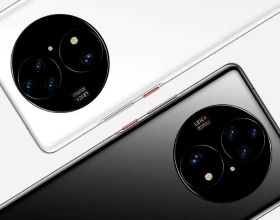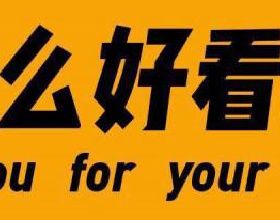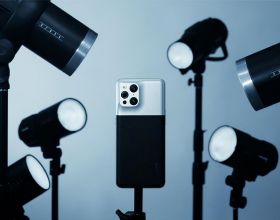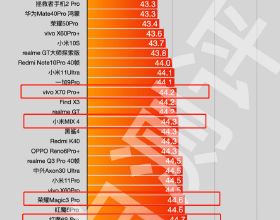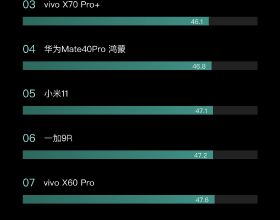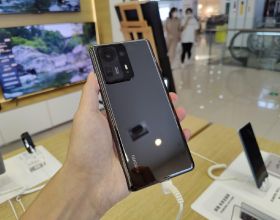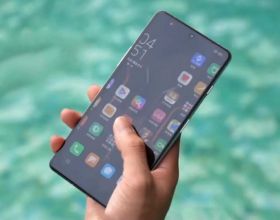韓國政府計劃今年對電池材料實行零關稅。與此同時,中國政府正計劃分階段取消對中國製造的電動汽車的補貼。在這種情況下,韓國電池製造商的競爭力有望提高,中國電池和電池材料供應商有望與韓國公司合作,在美國和中國銷售。
據市場研究公司 SNE Research 稱,零關稅將適用於與可充電電池和燃料電池相關的 18 種原材料和裝置,包括石墨化合物、電極、鈷酸鋰和電解質、人造石墨、離子交換膜等。該公司表示:“這可能會導致中國向韓國供應更多原材料和中間產品,然後是向美國和歐洲供應成品。”
與此同時,政府計劃在今年內分階段取消補助金,並在明年減少到零。這可能會對國內銷量佔總銷量75%的寧德時代等中國電動汽車電池供應商造成不利影響。
如果沒有在美國和歐洲的業務,這些企業就無法成長,在中美貿易爭端仍在繼續的情況下,它們幾乎不可能直接進入美國市場。這意味著他們很可能與韓國公司合作。事實上,寧德時代和比亞迪都已經在韓國設立分公司,而容貝鋰電也在準備在韓國建廠。
該公司解釋說:“隨著美國對中國石墨、鋼鐵、鋁等的關稅超過 25%,從中國透過韓國向美國供應成品的可能性越來越大。”
原文閱讀:
The South Korean government is planning to apply zero tariffs to battery materials this year. At the same time, the Chinese government is planning to remove its subsidies for electric vehicles made in China in stages. Under the circumstances, South Korean battery manufacturers’ competitiveness is expected to improve and Chinese battery and battery material suppliers are expected to cooperate with South Korean companies for sale in the United States and China.
According to market research firm SNE Research, the zero tariffs will be applied to 18 raw materials and equipment related to rechargeable batteries and fuel cells, including graphite compound, electrode, lithium cobalt oxide and electrolyte. The same applies to the 14 items including artificial graphite and ion exchange membranes. “This is likely to lead to more raw material and intermediate goods supply from China to South Korea followed by finished product supply to the United States and Europe,” the firm said.
The subsidies, in the meantime, are slated to be removed in stages this year and reach zero next year. According to the firm, this is likely to adversely affect the Chinese electric vehicle battery suppliers including CATL, whose domestic sales account for 75 percent of their total sales.
The companies cannot grow without business in the United States and Europe and it is almost impossible for them to directly enter the U.S. market with U.S.-China trade disputes still going on. This means they are likely to partner with South Korean companies. In fact, both CATL and BYD are already setting up their branches in South Korea and Ronbay is preparing to build a factory in South Korea.
“Finished product supply from China to the United States via South Korea is becoming increasingly likely with the U.S. tariffs on Chinese graphite, steel, aluminum, and so on exceeding 25 percent,” the firm explained.


